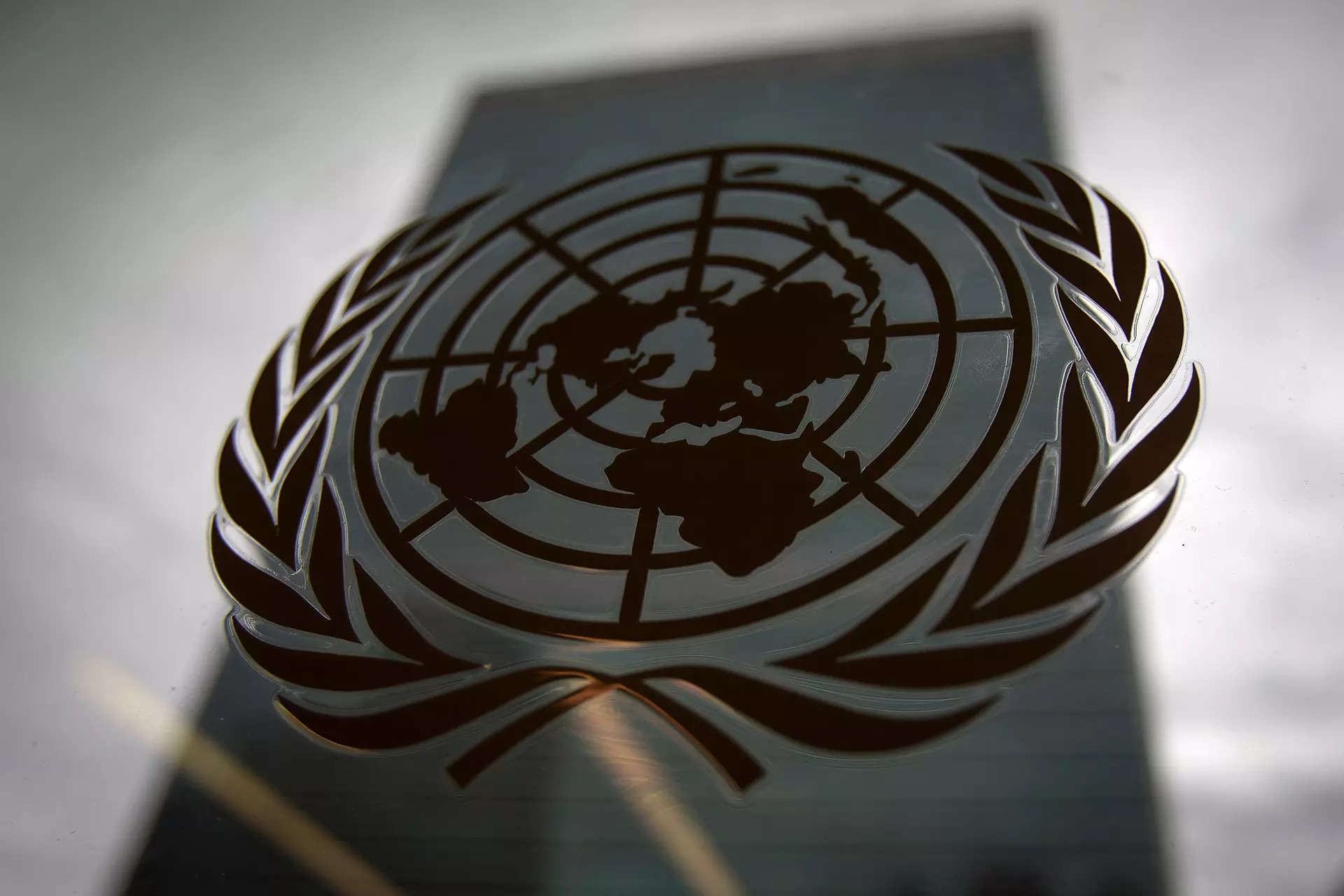
By Nazih Osseiran
BEIRUT: Saudi Arabia plays host this month to a major United Nations effort to discuss internet policy, drawing accusations of rank hypocrisy from rights activists who say the kingdom represses free speech and jails online critics.
Just this January, activists say Riyadh sentenced a Saudi woman to 11 years in prison for her choice of clothes and for using social media to attack its policy on women.
“You as a government can imprison people for their online posts, surveil everyone, and have one of the most draconian laws in the world, and still be able to host conversations about tech policy and the internet,” said Marwa Fatafta, policy and advocacy manager at the internet watchdog Access Now.
The five-day Internet Governance Forum (IGF) kicked off in Riyadh on Sunday, with 6,000 people from more than 170 countries set to discuss “policies for a safe, inclusive, and innovative digital future”, according to the U.N.
Among other topics under debate: ‘Advancing human rights and inclusion in the digital age’ – a red flag to activists who say Riyadh routinely silences dissident voices.
Fatafta blasted the choice of venue for the U.N.’s 19th annual internet summit as “a missed opportunity” that “normalises” digital repression.
Saudi Arabia was selected as host following a standard process, the U.N. organising team told the Thomson Reuters Foundation.
“A country hosting the IGF does not equal an endorsement of any country’s policies, but an opportunity to bring the forum’s values and principles into diverse national contexts, including those where challenges exist,” the team said in a statement.
“It would represent a ‘missed opportunity’ if the meeting were not held in this part of the region for the first time,” it added.
Amnesty International said Saudi Arabia should free all citizens “who have been detained and convicted solely for exercising their right to freedom of expression online”.
It cited 29-year-old Manahel Al-Otaibi, a fitness instructor and women’s rights activist who it said was jailed in January for her choice of clothing and for her social media posts urging an end to the kingdom’s male guardianship system.
Civil society organisations attending the summit said they were told by the U.N. not to single out individual leaders or entities for criticism.
“The U.N. is really policing what civil society, what activists, etc., can say at these things,” Bissan Fakih, Amnesty’s campaigner on Saudi Arabia, told the Thomson Reuters Foundation.
“If I want to make a point about the human rights situation deteriorating under (Crown Prince) Mohammed bin Salman, I can’t do that, okay, because it would mean singling someone out,” she said, referring to Saudi Arabia’s de facto ruler, known as MBS.
Concerns voiced by civil society activists “have been heard,” the U.N. organising team said, adding that “efforts have been made to ensure unimpeded access to the IGF. The platform remains open and accessible, with measures in place to uphold its inclusive ethos”.
“The forum’s Code of Conduct prohibits ad hominem attacks. This is a policy intended to maximise the space for safe, collegial exchange among stakeholders, and is in line with broader rules of engagement in other U.N. fora,” the team added.
Saudi Arabia’s Ministry of Communications and Information Technology did not respond to a request for comment.
GREENWASHING, SPORTSWASHING
Riyadh is spending billions to clean up its reputation for hardline religious restriction and human rights abuse and become known instead as a tourism and leisure hub.
Since taking power in a palace coup in 2017, MBS has faced international censure for cracking down on dissent and for the killing of Saudi journalist Jamal Khashoggi in 2018.
The Saudi government has denied any involvement by MBS, saying Khashoggi’s killing – he was dismembered in the Saudi consulate in Istanbul – was carried out by a rogue group of Saudi agents.
Critics also accuse the kingdom of using entertainment stars and sporting spectaculars – such as its recently announced hosting of the 2034 men’s World Cup – to deflect global attention, even as it continues to crack down on domestic dissent.
In November, Amnesty said Otaibi’s family was told that a court had upheld the 11-year prison sentence against her.
Amnesty said Otaibi was also being held incommunicado, and had told her family she had undergone brutal beatings from both fellow prisoners and prison guards.
Saudi Arabia has denied that Otaibi was sentenced for her social media posts, saying she was “convicted of terrorist offences that have no bearing on her exercise of freedom of opinion and expression or her social media posts”.
Otaibi’s case is not unique.
In 2022, Salma al-Shehab – a doctoral candidate at Britain’s Leeds University and women’s rights activist – was sentenced to 34 years in jail for her tweets, according to rights groups.
A member of the kingdom’s Shi’ite Muslim minority, Shehab was detained in January 2021 while visiting Saudi Arabia, days before she was due to return to her studies, the groups said.
Some activists believe Shehab was reported to the state through a government app that lets citizens flag up worrying everyday incidents from road accidents to suspicious behaviour.
Yet even anonymous accounts with the most minuscule of reach have become targets of the authorities.
In 2023, a Saudi court sentenced retired teacher Muhammad al-Ghamadi to death for criminal offences related to his “peaceful expression online”, according to Human Rights Watch.
The international monitoring group said Ghamadi was convicted for his tweets, retweets and YouTube activity.
“The thing to note about this case, which really blows my mind, is the fact that these posts were from anonymous accounts,” Amnesty’s Fakih said.
The two accounts used to convict Ghamadi had a combined following of 10 people, she added.
“We are in this really dark space for freedom of expression,” she said.
“Now there is this desperate need to control the online space, which was used to organise dissent against authoritarian regimes. Now you’ve got all these tools to do that with.”









